
Renewables R&D tax advice tailored to you
Armed with the right advice, R&D tax relief can transform your renewables business. Speak to ForrestBrown’s team of chartered tax advisers, sector specialists and former HMRC inspectors about how we can improve your claim.
- Telephone
- 0117 926 9022
- hello@forrestbrown.co.uk
Qualifying R&D in the renewables sector
There is a lot of R&D happening in renewables – so as an innovative business you may still be surprised to know the extent of projects that can qualify for R&D tax relief.
Qualifying R&D can be found across a diverse range of renewable energy businesses. From large-scale solar engineering, procurement and construction (EPC) firms to advanced battery storage manufacturers, wind-farm developers and anaerobic digestor operators.
Examples of R&D in renewables include:
- Creating new, or improving existing, renewable energy designs to increase power output.
- Advanced groundworks preparation for the installation of renewables infrastructure.
- Improving anaerobic digestor processes for increased output.
- Reducing a plant’s emissions to comply with new legislation.
- Experimenting with materials to make renewable solutions safer, faster, greener, or cheaper.
- Enhancing the yield of solar panels through optimisation.
- Developing energy from waste technologies.
R&D in the renewable energy ecosphere
Renewables businesses we’ve worked with
From industry disruptors to established leaders, ForrestBrown has been helping renewables businesses get the most out of these powerful incentives for many years. Here are some of the companies we’ve partnered with:
An anaerobic-digestion plant
This energy-from-waste provider investigated ways to reduce the emissions released by their anaerobic digester, to minimise its impact on a nearby nature reserve. They received £94,000 having experimented with new, low-emission dry-digestion technologies.
A ground source heat pump specialist
This company designed a heating system to heat a swimming pool using heat recovered from cooling nearby houses. During this project they re-engineered the existing ground-source heat system, resulting in a benefit of £135,000.
James Steynor, Director, EcoDev Group
ForrestBrown’s team of experts know which project will meet the R&D guidelines and work closely with us to help uncover all our R&D. Their unwavering focus on quality is reassuring and gives us peace of mind our business is in safe hands.
Martin Davis, Finance Director, Zenobe Energy
I can’t state how highly it was the right choice we came to you guys. It’s been a rare occasion that I’ve come across a firm that had mastery of their field comparable.
An energy storage specialist
This battery developer explored ways to improve the storage capacity of sodium batteries, to enable them to be used in electric vehicles. They received over £175,000 for their ongoing research into greener energy-storage alternatives.
Ian Jeacock, Finance Director, Nu-heat
We had been claiming R&D tax relief with our auditors for several years before we moved across to ForrestBrown. They were recommended to us because of their sector expertise and we haven’t looked back.
Waste-to-fuel business
This waste-to-fuel business developed an integrated recycling and energy recovery facility to recover and clean the energy in commercial waste. Their new gasification processes cleaned exhausts and reduced emissions.
Renewables innovation – the value of R&D tax relief
The UK’s net-zero targets are hugely ambitious. Our 2050 goals are within grasp thanks to innovation in the renewables sector. But there’s so much more left to do.
The renewables sector faces an uphill battle. It continues to face enormous pressure from the funding gap caused by the withdrawal of subsidies, Brexit supply-chain uncertainty, and the associated expense and scarcity of raw materials.
The stakes are high and time is limited. The R&D tax incentive offers support for renewables businesses investing in our future. You recoup your investment so that you can take on even more risky projects, hire new technical staff and improve your technology.
Choosing the right adviser that matches your ambition and truly understands your work is a vital step in supercharging your innovation.
Why choose ForrestBrown
What does the best R&D tax advice for your business look like? The answer is specific to you. ForrestBrown will customise our service to match your requirements. Whether that’s handling your entire claim or supporting you with specific expertise on a consultancy basis.
R&D, especially in renewables, entails all sorts of different work. Don’t cram your diverse innovation into a rigid R&D tax service. ForrestBrown’s flexible approach helps save you time so that you benefit from a robust claim and better value for money.
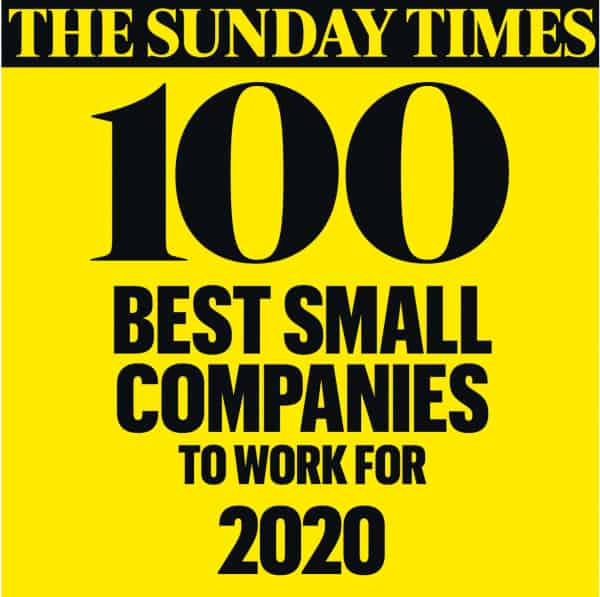
#73 out of 100
The Sunday Times Best Companies to Work For
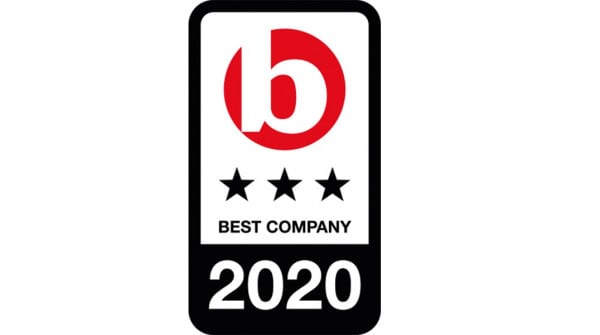
3 star accredited
Best companies – “extraordinary” levels of employee engagement
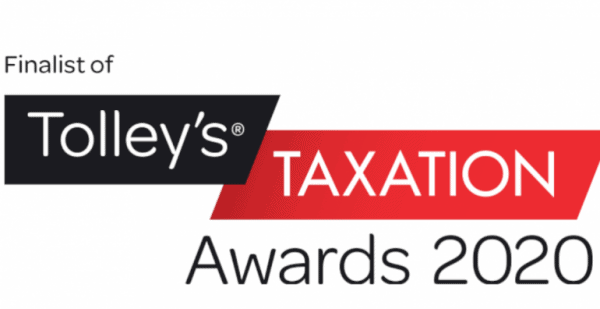
Finalist
Best Employer in Tax

Finalist
The ECI B2B Business of the Year
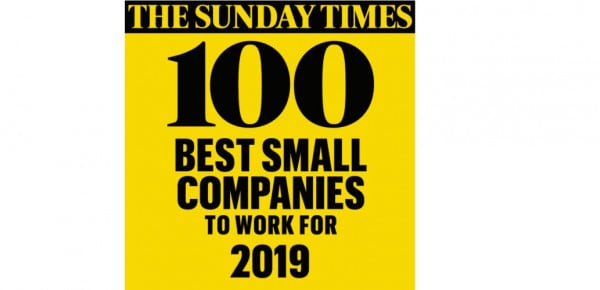
#77 of 100
The Sunday Times best small companies to work for

3 star accredited
Best Companies – “extraordinary” levels of employee engagement

#1 of 50 & category winner
Overall winner & financial & professional services winner

3 star accredited
Best Companies – “extraordinary” levels of employee engagement
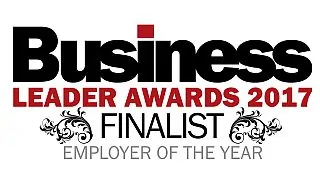
Finalist
Employer of the year

Winner
Accountants and tax adviser of the year

Ranked
#13 of #100
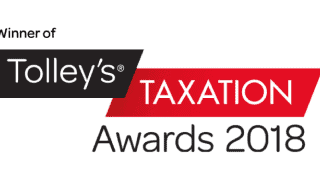
Winner
Best independent consultancy firm

Speak to us about your renewables R&D tax relief claim
Do you require something more bespoke? If you’re looking for help on a consultative basis, whether that’s strategic advice or enquiry support, our team of experts can help.
- Telephone
- 0117 926 9022
- hello@forrestbrown.co.uk
















